LensCrafters 2011 Annual Report Download - page 156
Download and view the complete annual report
Please find page 156 of the 2011 LensCrafters annual report below. You can navigate through the pages in the report by either clicking on the pages listed below, or by using the keyword search tool below to find specific information within the annual report.-
 1
1 -
 2
2 -
 3
3 -
 4
4 -
 5
5 -
 6
6 -
 7
7 -
 8
8 -
 9
9 -
 10
10 -
 11
11 -
 12
12 -
 13
13 -
 14
14 -
 15
15 -
 16
16 -
 17
17 -
 18
18 -
 19
19 -
 20
20 -
 21
21 -
 22
22 -
 23
23 -
 24
24 -
 25
25 -
 26
26 -
 27
27 -
 28
28 -
 29
29 -
 30
30 -
 31
31 -
 32
32 -
 33
33 -
 34
34 -
 35
35 -
 36
36 -
 37
37 -
 38
38 -
 39
39 -
 40
40 -
 41
41 -
 42
42 -
 43
43 -
 44
44 -
 45
45 -
 46
46 -
 47
47 -
 48
48 -
 49
49 -
 50
50 -
 51
51 -
 52
52 -
 53
53 -
 54
54 -
 55
55 -
 56
56 -
 57
57 -
 58
58 -
 59
59 -
 60
60 -
 61
61 -
 62
62 -
 63
63 -
 64
64 -
 65
65 -
 66
66 -
 67
67 -
 68
68 -
 69
69 -
 70
70 -
 71
71 -
 72
72 -
 73
73 -
 74
74 -
 75
75 -
 76
76 -
 77
77 -
 78
78 -
 79
79 -
 80
80 -
 81
81 -
 82
82 -
 83
83 -
 84
84 -
 85
85 -
 86
86 -
 87
87 -
 88
88 -
 89
89 -
 90
90 -
 91
91 -
 92
92 -
 93
93 -
 94
94 -
 95
95 -
 96
96 -
 97
97 -
 98
98 -
 99
99 -
 100
100 -
 101
101 -
 102
102 -
 103
103 -
 104
104 -
 105
105 -
 106
106 -
 107
107 -
 108
108 -
 109
109 -
 110
110 -
 111
111 -
 112
112 -
 113
113 -
 114
114 -
 115
115 -
 116
116 -
 117
117 -
 118
118 -
 119
119 -
 120
120 -
 121
121 -
 122
122 -
 123
123 -
 124
124 -
 125
125 -
 126
126 -
 127
127 -
 128
128 -
 129
129 -
 130
130 -
 131
131 -
 132
132 -
 133
133 -
 134
134 -
 135
135 -
 136
136 -
 137
137 -
 138
138 -
 139
139 -
 140
140 -
 141
141 -
 142
142 -
 143
143 -
 144
144 -
 145
145 -
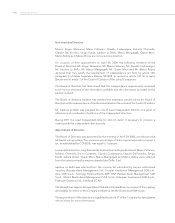 146
146 -
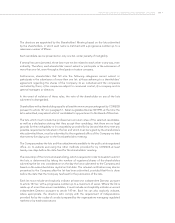 147
147 -
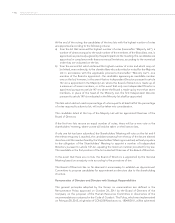 148
148 -
 149
149 -
 150
150 -
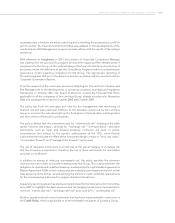 151
151 -
 152
152 -
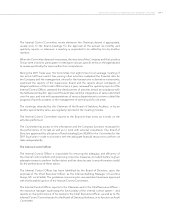 153
153 -
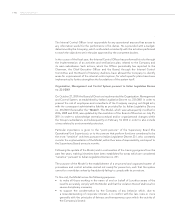 154
154 -
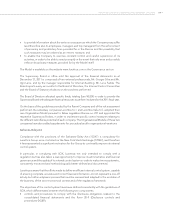 155
155 -
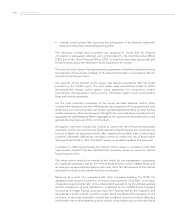 156
156 -
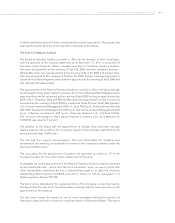 157
157 -
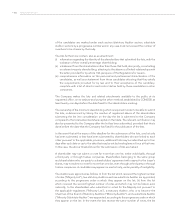 158
158 -
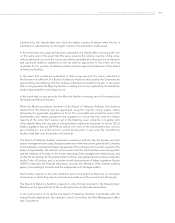 159
159 -
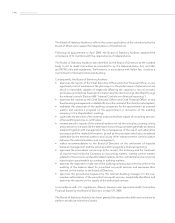 160
160 -
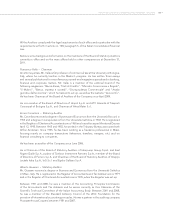 161
161 -
 162
162 -
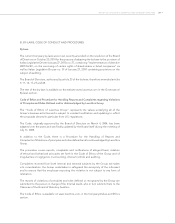 163
163 -
 164
164 -
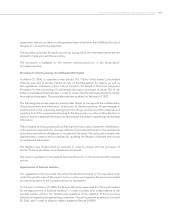 165
165 -
 166
166 -
 167
167 -
 168
168 -
 169
169 -
 170
170 -
 171
171 -
 172
172 -
 173
173 -
 174
174 -
 175
175 -
 176
176 -
 177
177 -
 178
178 -
 179
179 -
 180
180 -
 181
181 -
 182
182 -
 183
183 -
 184
184 -
 185
185 -
 186
186 -
 187
187 -
 188
188 -
 189
189 -
 190
190 -
 191
191 -
 192
192 -
 193
193 -
 194
194 -
 195
195 -
 196
196 -
 197
197 -
 198
198 -
 199
199 -
 200
200 -
 201
201 -
 202
202 -
 203
203 -
 204
204 -
 205
205 -
 206
206 -
 207
207 -
 208
208 -
 209
209 -
 210
210 -
 211
211 -
 212
212 -
 213
213 -
 214
214 -
 215
215 -
 216
216 -
 217
217 -
 218
218 -
 219
219 -
 220
220 -
 221
221 -
 222
222 -
 223
223 -
 224
224 -
 225
225 -
 226
226 -
 227
227 -
 228
228 -
 229
229 -
 230
230 -
 231
231 -
 232
232 -
 233
233 -
 234
234 -
 235
235 -
 236
236 -
 237
237 -
 238
238 -
 239
239 -
 240
240 -
 241
241 -
 242
242 -
 243
243 -
 244
244 -
 245
245 -
 246
246 -
 247
247 -
 248
248 -
 249
249 -
 250
250 -
 251
251 -
 252
252 -
 253
253 -
 254
254 -
 255
255 -
 256
256 -
 257
257 -
 258
258 -
 259
259 -
 260
260 -
 261
261 -
 262
262 -
 263
263 -
 264
264 -
 265
265 -
 266
266 -
 267
267 -
 268
268 -
 269
269 -
 270
270 -
 271
271 -
 272
272 -
 273
273 -
 274
274
 |
 |

ANNUAL REPORT 2011> 80 |
• internal control system that supervises the preparation of the financial statements
(Internal Control Over Financial Reporting-ICFR).
The disclosure controls and procedures are designed to ensure that the financial
information is adequately collected and communicated to the Chief Executive Officer
(CEO) and to the Chief Financial Officer (CFO), so that they may make appropriate and
timely decisions about the information to be disclosed to the market.
The internal control system that supervises the preparation of the financial statements has
the objective of ensuring the reliability of the financial information in accordance with the
relevant accounting principles.
The structure of the internal control system was defined consistently with the model
provided by the COSO report, the most widely used international model to define
and assess the internal control system, which establishes five components (control
environment, risk assessment, control activity, information systems and communication
flows and monitoring activity).
For the most important companies of the Group (so-called Material Control Units)
controls were designed and their effectiveness was assessed both at general/cross level
(entity level controls) and at the level of each operational/administrative process. For the
smaller companies, which were however still significant, especially when considered in the
aggregate (so-called Material When Aggregated), the assessment was performed on the
general effectiveness level of the control system.
Among the cross level controls, the controls to reduce the risk of fraud are particularly
important. To this end, Luxottica has developed Anti-Fraud Programs & Controls derived
from an in-depth risk assessment which, after mapping the possible ways in which fraud
could be committed, defined the necessary controls to reduce the risk of fraud and/or
allowing its identification. This “anti-fraud” system is constantly updated and improved.
In addition to defining and testing the internal control system in compliance with SOX
requirements, Luxottica has also identified the necessary actions to ensure its optimal
functioning over time.
The entire system must be monitored at two levels: by line management, supervising
the significant processes and by the Internal Audit function, which independently and
according to an approved intervention plan must check the effectiveness of the controls
and report on these to the relevant functions and bodies.
Moreover, as a result of a comparison with other companies listed on the NYSE, the
designed control system is subject to continuous improvements. Since 2007, on the basis
of experience gained internally, of the independent evaluations by the external auditors
and the introduction of audit standard no. 5 adopted by the PCAOB (Public Company
Accounting Oversight Board), a process has been implemented for the evaluation and
rationalization of the controls currently in place, which has allowed the Company, on the
one hand, to eliminate redundant controls that burdened operations without offering a
real benefit in terms of strengthening of the internal control system and, on the other hand,
